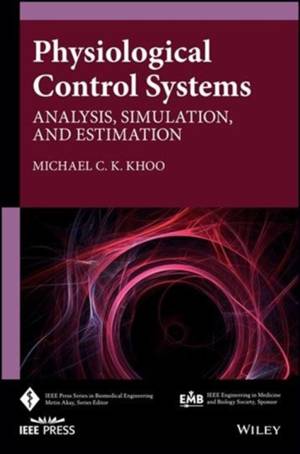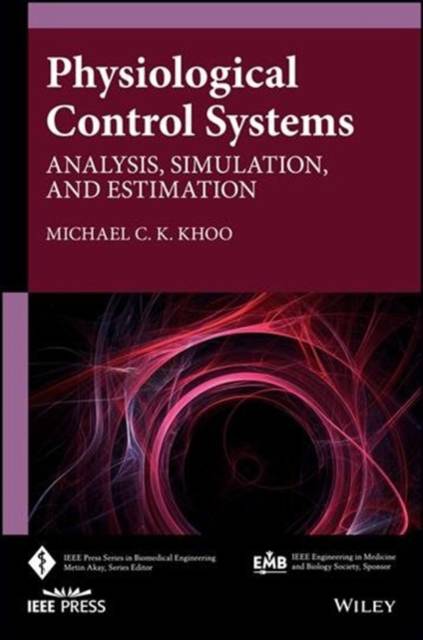
- Retrait gratuit dans votre magasin Club
- 7.000.000 titres dans notre catalogue
- Payer en toute sécurité
- Toujours un magasin près de chez vous
- Retrait gratuit dans votre magasin Club
- 7.000.0000 titres dans notre catalogue
- Payer en toute sécurité
- Toujours un magasin près de chez vous
Description
A guide to common control principles and how they are used to characterize a variety of physiological mechanisms
The second edition of Physiological Control Systems offers an updated and comprehensive resource that reviews the fundamental concepts of classical control theory and how engineering methodology can be applied to obtain a quantitative understanding of physiological systems. The revised text also contains more advanced topics that feature applications to physiology of nonlinear dynamics, parameter estimation methods, and adaptive estimation and control. The author--a noted expert in the field--includes a wealth of worked examples that illustrate key concepts and methodology and offers in-depth analyses of selected physiological control models that highlight the topics presented.
The author discusses the most noteworthy developments in system identification, optimal control, and nonlinear dynamical analysis and targets recent bioengineering advances. Designed to be a practical resource, the text includes guided experiments with simulation models (using Simulink/Matlab). Physiological Control Systems focuses on common control principles that can be used to characterize a broad variety of physiological mechanisms. This revised resource:
- Offers new sections that explore identification of nonlinear and time-varying systems, and provide the background for understanding the link between continuous-time and discrete-time dynamic models
- Presents helpful, hands-on experimentation with computer simulation models
- Contains fully updated problems and exercises at the end of each chapter
Written for biomedical engineering students and biomedical scientists, Physiological Control Systems, offers an updated edition of this key resource for understanding classical control theory and its application to physiological systems. It also contains contemporary topics and methodologies that shape bioengineering research today.
Spécifications
Parties prenantes
- Auteur(s) :
- Editeur:
Contenu
- Nombre de pages :
- 464
- Langue:
- Anglais
- Collection :
Caractéristiques
- EAN:
- 9781119055334
- Date de parution :
- 06-06-18
- Format:
- Livre relié
- Format numérique:
- Genaaid
- Dimensions :
- 152 mm x 229 mm
- Poids :
- 771 g

Les avis
Nous publions uniquement les avis qui respectent les conditions requises. Consultez nos conditions pour les avis.






